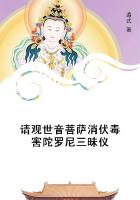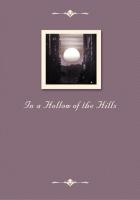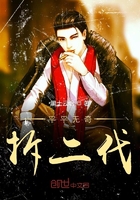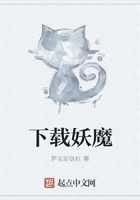The restaurant to which he was taken by Signor Orlando was thronged with patrons, for it was one o'clock. On the whole, they did not appear to belong to the highest social rank, though they were doubtless respectable. The table-cloths were generally soiled, and the waiters had a greasy look. Phil said nothing, but he did not feel quite so hungry as before he entered.
The signor found two places at one of the tables, and they sat down. Phil examined a greasy bill of fare and found that he could obtain a plate of meat for ten cents. This included bread and butter, and a dish of mashed potato. A cup of tea would be five cents additional.
"I can afford fifteen cents for a meal," he thought, and called for a plate of roast beef.
"Corn beef and cabbage for me," said the signor.
"It's very filling," he remarked aside to Phil.
"They won't give you but a mouthful of beef."
So it proved, but the quality was such that Phil did not care for more. He ordered a piece of apple pie afterward feeling still hungry.
"I see you're bound to have a square meal," said the signor.
After Phil had had it, he was bound to confess that he did not feel uncomfortably full. Yet he had spent twice as much as the signor, who dispensed with the tea and pie as superfluous luxuries.
In the evening Signor Orlando bent his steps toward Bowerman's Varieties.
"I hope in a day or two to get a complimentary ticket for you, Mr. Brent," he said.
"How much is the ticket?" asked Phil.
"Fifteen cents. Best reserved seats twenty-five cents.'
"I believe I will be extravagant for once," said Phil, "and go at my own expense."
"Good!" said the signor huskily. "You'll feel repaid I'll be bound. Bowerman always gives the public their money's worth. The performance begins at eight o'clock and won't be out until half-past eleven."
"Less than five cents an hour," commented Phil.
"What a splendid head you've got!" said Signor Orlando admiringly. "I couldn't have worked that up. Figures ain't my province."
It seemed to Phil rather a slender cause for compliment, but he said nothing, since it seemed clear that the computation was beyond his companion's ability.
As to the performance, it was not refined, nor was the talent employed first-class. Still Phil enjoyed himself after a fashion. He had never had it in his power to attend many amusements, and this was new to him. He naturally looked with interest for the appearance of his new friend and fellow-lodger.
Signor Orlando appeared, dressed in gorgeous array, sang a song which did credit to the loudness of his voice rather than its quality, and ended by a noisy clog-dance which elicited much applause from the boys in the gallery, who shared the evening's entertainment for the moderate sum of ten cents.
The signor was called back to the stage. He bowed his thanks and gave another dance. Then he was permitted to retire. As this finished his part of the entertainment he afterward came around in citizen's dress, and took a seat in the auditorium beside Phil.
"How did you like me, Mr. Brent?" he asked complacently.
"I thought you did well, Signor Orlando. You were much applauded."
"Yes, the audience is very loyal," said the proud performer.
Two half-grown boys heard Phil pronounce the name of his companion, and they gazed awe-stricken at the famous man.
"That's Signor Orlando!" whispered one of the others.
"I know it," was the reply.















